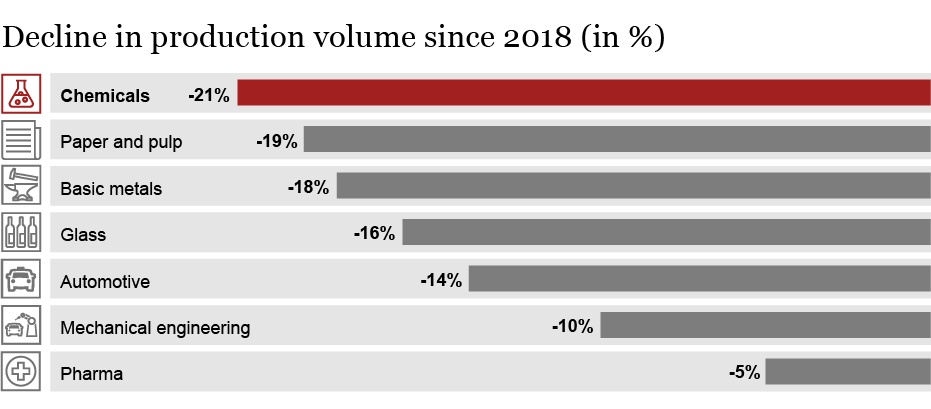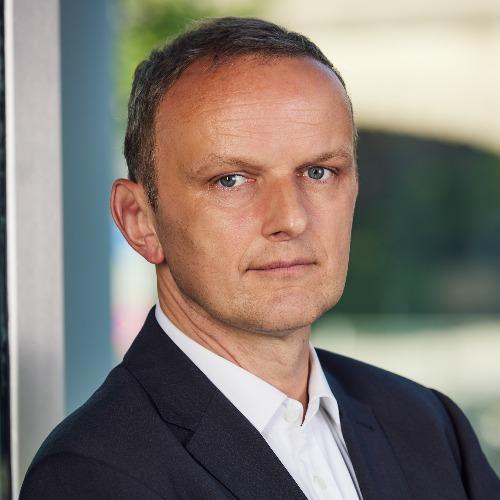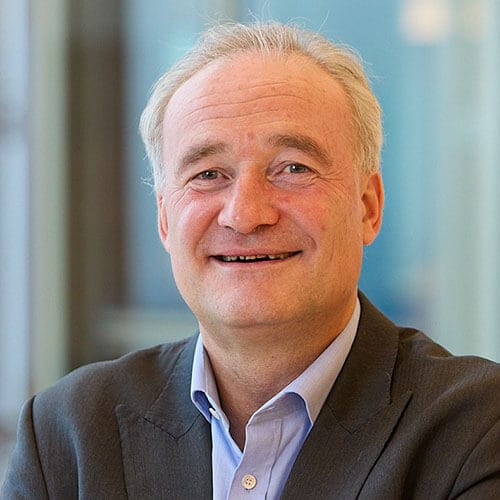Key findings
- 1While the chemical industry has been a driver for historical growth, now deindustrialization is a great challenge – with chemicals at the forefront of the decline
- 2Germany’s competitiveness, in particular, is suffering: not only have profits shrunk by 12% compared to 2018, but investments are down (-90%) and incoming orders are at a ten-year low
- 3Energy prices are not competitive against leading peers: while discussion has focused primarily on electricity prices, the key challenge is natural gas and its use as raw material
- 4Regulatory burdens have tightened dramatically in the EU in recent years, with Germany displaying greater policy uncertainty compared to the US and China, scaring off innovation and investment
- 5Decision-makers at policy and governmental level and in chemical industrials need to take short-term actions to boost Germany’s competitiveness as a manufacturing country
Germany is facing deindustrialization, with the chemical industry at the forefront measured by decline in production

Cross-continental deindustrialization is accelerating
Neither Europe nor Germany can benefit from the global growth and value generation in the global chemical industry. At the same time, asset decisions reside abroad and are not made in favor of Europe anymore. As a result, investments into Germany have decreased ~90% since 2018. While facing shrinking domestic demand, an export-oriented German industry can no longer compete in these global growing markets.

- Growth over the past decade was driven by exports, while domestic demand is declining due to deindustrialization
- 2022 and 2023 are the first years in history with a negative chemical trade balance with China (volume and value)
- The export "cash cow" can no longer counterbalance depleted domestic markets
The key challenges for Germany as a manufacturing location
While energy prices in Germany remain higher – compared to other key manufacturing markets for chemicals – the public focus on electricity with the "Brückenstrompreis" is only accounting for part of the picture in the current crisis. Notwithstanding the public debate around energy, the use of natural gas as a raw material is even more at the forefront of the current crisis.

- ~30% of base chemicals are indirectly or partially based on natural gas
- Sustainable alternatives like green hydrogen or biomass will not reach substantial adoption in the foreseeable future
- Entire value-chains are at risk as the fertilizer industry, which is crucial for a secure food supply, is highly dependent on ammonia
Regulatory framework conditions pose further obstacles for Germany as a manufacturing location, compared to the global competition.
We are at a tipping point – while deindustrialization is at full speed. Decisions in the next 3-5 years will determine the future relevance of this industrial backbone for Europe, but especially Germany. Joint actions by decision-makers in governments and industry will be key for a long-term perspective.

Michael Weiss,
Partner at Strategy& Germany
Conclusion
- A full calculation of the outcomes for the German economy, based on its current trajectory, has not been done yet at the political level
- When constructing business cases on asset investments, many firms are incorporating a large discount on the German market
- The German "Mittelstand" lacks the flexibility of larger enterprises, which can more easily relocate production to China or the US
Therefore, now is the time for decision-makers in chemical industries as well as governments and public institutions to intensify their efforts. Read the full report to learn which are strategic implications for public and private stakeholders.
Christian Brand and Sebastian Stahl have also contributed to this report.



